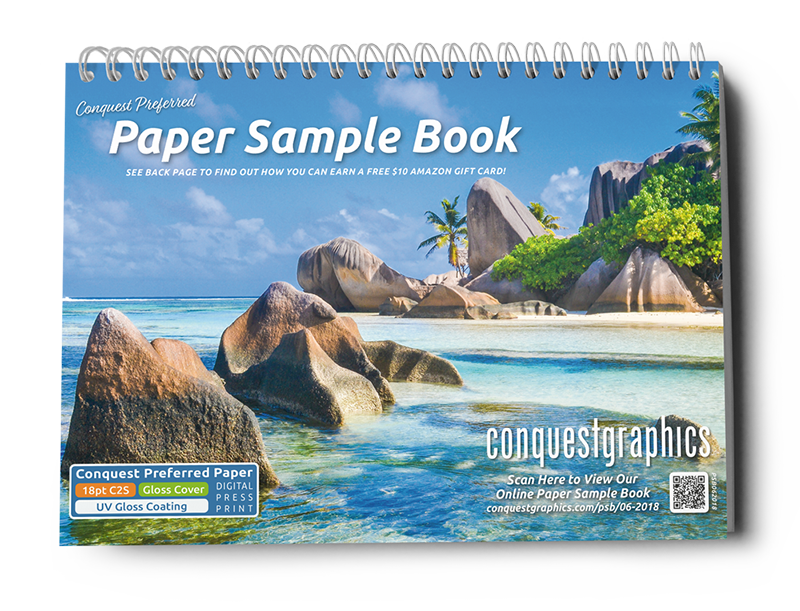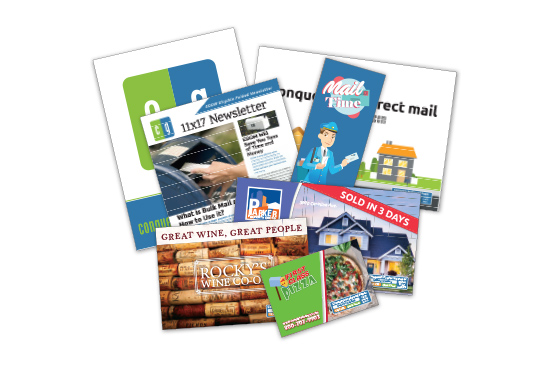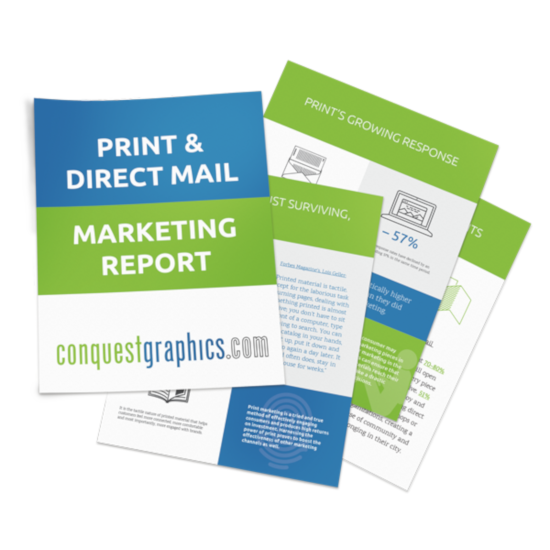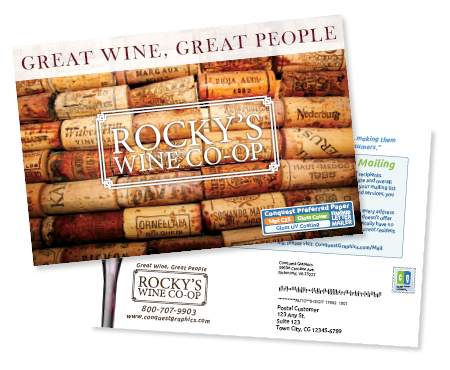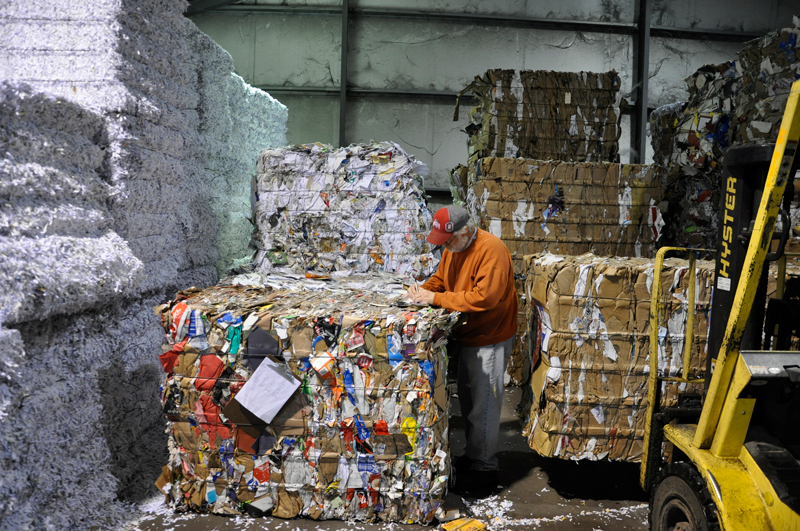
The option to use recycled paper and eco-friendly products is nothing new. We all know using recycled products is better for the environment, but how easy is it for companies to adopt it for themselves?
Did you know: A whopping 91% of all printed paper today is not from recycled materials?
Every ton of new paper created requires three tons of wood and 19,000 gallons of water. For some perspective, that’s the same amount of water it takes to fill the average residential swimming pool. Additionally, each ton of new paper produces 2,278 pounds of solid waste!
How Can You Use Recycled Paper In Your Print Marketing?
Despite the popularity of paper not created from recycled materials, it’s easier than ever to use recycled paper in your print marketing. Recycled paper is being offered as an option for a wide variety of print jobs, from business cards to newsletters and more. But materials aren’t the only way to reduce your marketing material footprint. Changes to your process and targeting can also have a meaningful impact (more on that in a minute).
First, here’s what’s worth knowing about recycled and non-recycled print marketing materials.
Recycled Paper refers to paper made using pre-consumer materials, post-consumer materials or a combination of the two. Paper with more pre-consumer and post-consumer fibers requires fewer virgin materials. The more recycled material used in the paper, the more ecofriendly that paper becomes. Most paper made with pre-consumer and post-consumer fiber will still include some virgin materials to maintain the paper’s quality and durability.
Pre-Consumer Fiber, also known as pre-consumer waste, refers to materials used to make recycled paper. Pre-consumer fibers include materials that have not been used by consumers, but have been discarded during manufacturing or other processes. Pre-consumer fibers may include paper trimmings, de-inked materials or even paper products that never sold and never reached consumers.
Post-Consumer Fiber also refers to materials used to make recycled paper. Paper, paperboard, and some other recycled materials are used to create post-consumer fiber. These materials have already been used by consumers and have been discarded for recycling.
De-inked Material is a finished paper product, such as magazines or books, that has had the inks, fillings and coatings removed in order for it to be recycled.
Top Quality Recovered Paper is used to make products that couldn’t be made with just any type of recycled material. Although many products can be made from common pre-consumer and post-consumer materials, some require materials that haven’t been used as much and are therefore stronger and more durable.
Virgin Paper is paper that does not utilize recycled materials. Instead, it is made from brand new raw materials (typically wood pulp).
While printing with recycled paper may cost a bit more than regular paper stock, the price barrier is much lower today than it once was. Most printers offer some type of recycled paper, making it easier to find a recycled paper solution that’s affordable and appropriate for your print marketing.
Fun Fact: The recycling symbol was first created in 1970 by Gary Anderson, a student at the University of Southern California. Anderson was one of over 500 entrants in a contest held by the Container Corporation of America to design a symbol that would help promote the recycled materials they used in their products. The design was eventually adopted industry-wide and is a familiar symbol to most people today.

Other Ways To Be Eco-friendly With Your Print Marketing
Using recycled paper for your print marketing isn’t the only way to be environmentally friendly. Choosing a printer who uses responsible printing practices can also reduce your environmental impact.
What does that mean? Whether large or small, all commercial printers use some type of industrial process that requires energy and materials to run and produces waste. Companies that adhere to responsible printing practices make efforts to reduce the energy, materials and waste during the printing process, resulting in a smaller footprint.
How Do Printing Companies Print Responsibly?
Eco-friendly coloring: In addition to more trees and water being used, the production of new paper also creates ground and water pollution. For example, paper isn’t naturally white; it is bleached. The bleach goes through a chlorination process that can potentially leach into groundwater and releases dangerous pollutants. Dioxin, which is a carcinogenic byproduct of chemical engineering, is also found in many industrial strength products used to bleach paper. Dioxin reacts with acid in the soil and becomes both toxic and caustic. Eco-friendly printing companies avoid using bleach and dioxin in order to whiten their stock material.
Avoiding dangerous adhesives and inks: The binding and finishing process can involve adhesives, foils and petroleum-based inks that prevent the printing from being recycled in the future. The foils and adhesives can contain VOCs, or volatile organic compounds, which have been linked to both birth defects and various cancers. VOCs often leach into soil, the groundwater, and eventually into the atmosphere. Soy and vegetable inks are common replacements for the potentially dangerous adhesives and inks.
Safe production and cleaning practices: The National Institute for Occupational Safety and Health recently reported that the chemicals used during the printing process can cause health problems including kidney disease, liver damage, and even death with enough exposure. A company that avoids using toxic chemicals during the printing process demonstrates a dedication to being environmentally safe. The traditional printing process also uses solvents, shellacs, and driers to produce film and plates and to clean the machinery. Eco-friendly printing companies do everything possible to eliminate potentially harmful practices.
Using responsibly forested papers: It’s not just the printing company that should observe responsible practices; the forest companies from which the printer buys paper should adhere to similarly responsible practices. Pulp and paper operations can do their part by putting eco-friendly forest and plantation management policies in place, and by using eco-friendly manufacturing processes. To be truly eco-friendly, your printer should buy from paper sources with similar practices.
More Easy Ways To Be Eco-friendly With Print Marketing
Besides choosing recycled materials for your print jobs and selecting a printing company that practices responsible printing, there are some other ways to get your print marketing done with a smaller environmental impact. Here are just a few:
Print smaller. Smaller paper requires fewer resources, which means a more eco-friendly print job. As you plan your next print marketing campaign, reduce your messaging to the essentials to eliminate the need for large paper. That may mean using a smaller business card or a brochure with fewer panels. The material saved adds up considerably over time, and can help your company keep a smaller footprint.
Improve your proofing skills. Before your marketing products get printed, it’s your job to approve the designs and selected characteristics. Oversights made during the printing process require re-prints. As a result, double the amount of material is used. Save time, save money and save the planet by examining your printing proofs closely before giving the sign off for production.
Use targeted lists for direct mail. Direct mail campaigns can be incredibly effective, when executed correctly. One of the keys to success with direct mail is choosing the right recipients. The better your list, the higher your conversion rates, and the fewer mailers required to accomplish your sales goals. Sending mailers to a larger, untargeted list will cost you more, lower your ROI, and increase the amount of wasted materials.
Use Recycled Paper And Eco-friendly Practices For Responsible Print Marketing
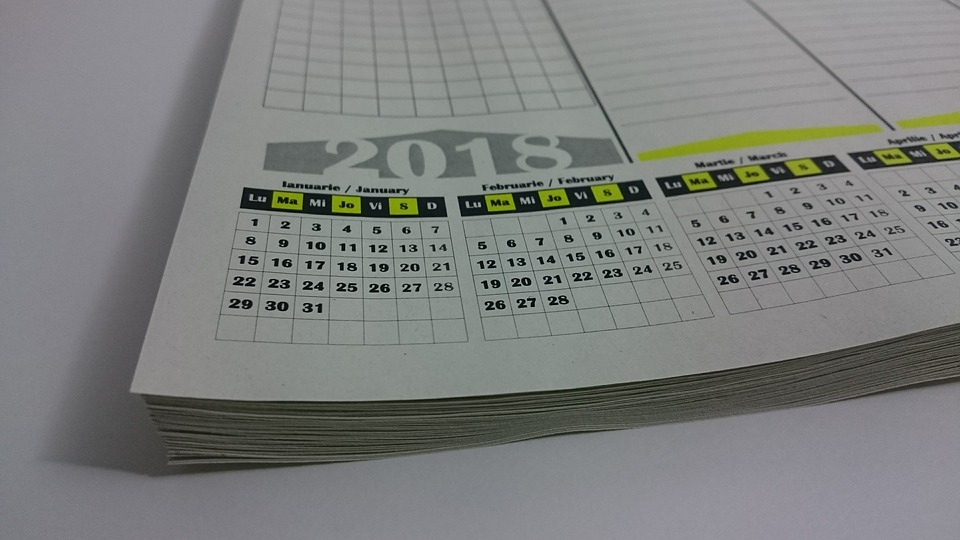 Eco-friendly printing processes and materials are more available than ever before, allowing customers to deploy greener marketing strategies. Your company can promote eco-friendly products without having to sacrifice advertising budget, and your customers will be happier for it. To make your company’s marketing greener, explore changes to your materials, vendors, process, and strategy.
Eco-friendly printing processes and materials are more available than ever before, allowing customers to deploy greener marketing strategies. Your company can promote eco-friendly products without having to sacrifice advertising budget, and your customers will be happier for it. To make your company’s marketing greener, explore changes to your materials, vendors, process, and strategy.
Recycled Paper Brochures
Printing brochures on recycled paper is easy with Conquest Graphics. When you are configuring your order, simply add a note saying you'd like to use recycled paper.
If you're ordering your print by phone or email, the process is very similar. While recycled paper is not listed as a paper option, it's available for any of our products. One of the main things to note about ordering print on recycled paper is that your print turnaround may need to be extended a little in case we do not have the exact weight and type of recycled paper on hand and need to special order it.
If you have a specific type of recycled paper you use to print brochures or any other printed formats, we'd be happy to consider using it if you send us a sample to test on our presses. We're always willing to continue working with our customers until we get the specs of your order exactly right. This is especially true for ensuring we meet the environmental-friendliness requirements of our customers. As an eco-conscious company, we understand where you're coming from and we'll do everything we can to do what's right for our Earth.
To get help, contact Conquest Graphics at 800-707-9903 and tell us what you’re looking for.
Learn More About Green Printing
